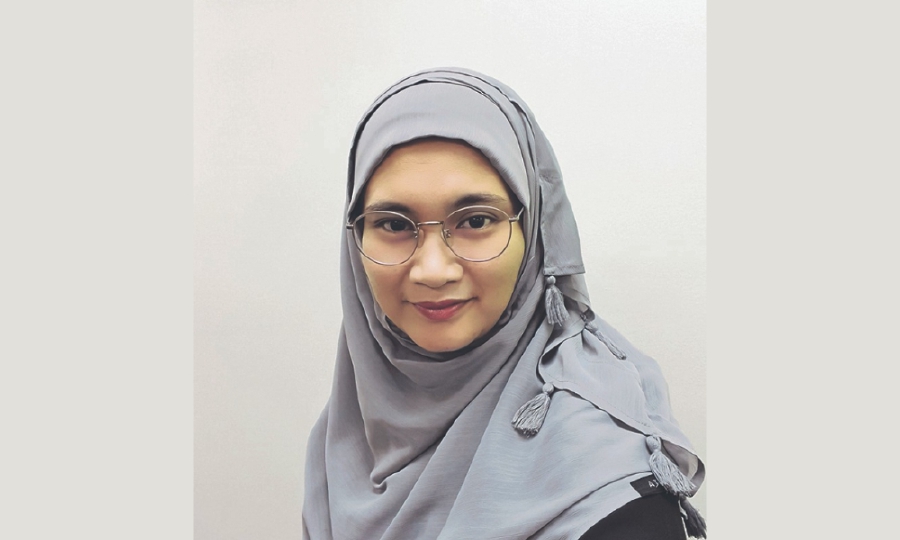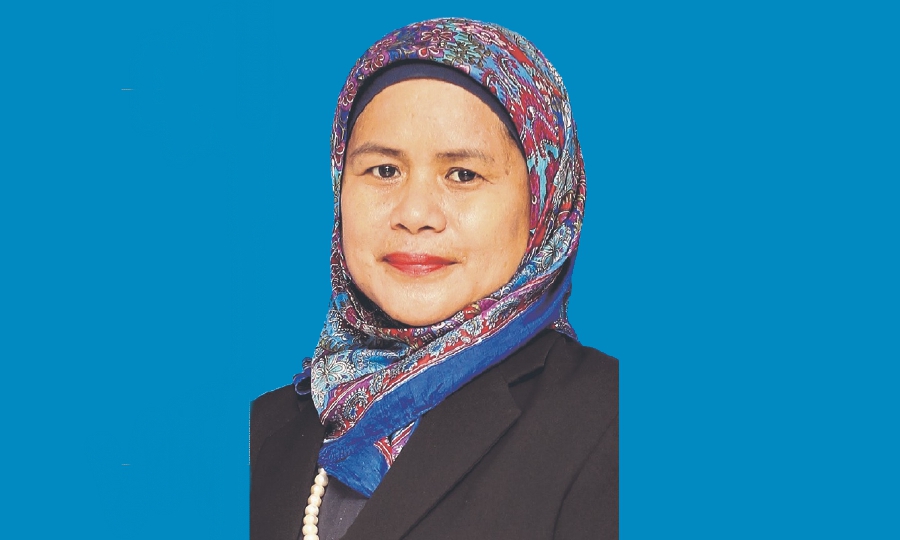By Rayyan Rafidi – June 10, 2020 @ 7:20pm
https://www.nst.com.my/education/2020/06/599580/teaching-new-normal
While lecturers are slowly adjusting to remote instruction, there are some teaching and learning elements that cannot be replicated at home.
After months of campus closures, Assistant Professor Dr Rosemaliza Mohd Kamalludeen from International Islamic University Malaysia’s Kulliyyah of Education yearns for in-personal interaction with her students.
“We used to do a lot of hands-on activities in the classroom. I miss consultation hours with my students as they have great impact on student learning. I also miss on-the-field projects that I assigned to my students.
“Another experience missing in remote learning is the students’ feedback and their emotional reactions when we do exciting things or when they attend lectures. Field trips, research projects are not doable online.” Universiti Teknologi Mara’s (UiTM) Faculty of Education senior lecturer, Dr Hamidah Mohd Ismail, also misses the energy of being in a physical classroom environment.
“This is the performative aspect of teaching when lecturers use this energy to fuel communications when we teach.
“In face-to-face lectures, I can inject humour whenever I see tired faces or restlessness, pause when students are fidgeting, or use gestures or movements to help make a point. It is also easier to pick up non-verbal cues in class. Are the students bored? Are they tuned out or maybe confused?”
But now, the performative aspect of teaching is no longer there, she said.
“When the teacher walks into the classroom with an enthusiastic smile and an energetic wave, the transfer of enthusiasm is bound to take place. I feel that the opportunity for me to interact with students has been taken away, and it is now difficult to discuss, practise and provide guidance.
“It is the social element of being in a physical classroom — a community that is working towards a shared goal.”
PARADIGM SHIFT
Lectures need to remember that learning must go on, said Rosemaliza.
However, a paradigm shift is crucial to make e-learning a meaningful experience, she said.
“Some beliefs about teaching and learning have to change so that online lessons will not merely replicate face-to-face sessions.
“Designing learning experiences require lecturers to really know their students, their subject matter, the resources and technology they have access to, and learning outcomes. Lecturers need to use this information to construct lessons.

“A lecturer’s duty is rather to ensure learning happens for their students. Lecturers need to redesign assessments and be creative, she added.
“Assessments inform us of where the students are, and what should be done to get the students to where they should be. Unlearn the notion that assessments are only for grading.
“Go back to the intended learning outcomes. If students are merely expected to remember the information, then simple online tests are adequate.
“For higher order thinking skills like apply, analyse, evaluate and create, various assessment tools can be used in all fields, from social sciences to pure sciences.
“Students can carry out research projects or campaigns to address a certain issue or apply scientific concepts. There are lecturers who use virtual reality tools in their technical courses,” said Rosemaliza.
Before the pandemic, she has always practised blended learning.
“Priorities have not really changed as I’ve always spent a lot of time designing my lessons to make them impactful and meaningful. But the production of online learning materials, such as videos, infographics, and online interactive activities has escalated.”
Engaging students in a live discussion is a great way to learn, she added. For lower bandwidth, applications like Whatsapp or Telegram can be used.
“Discussions spark curiosity and trigger debates. The thought processes that students experience is crucial towards internalising new knowledge
“To retain and apply the knowledge gained, students may be tasked to write a reflection or suggest a solution to the issue discussed.”
NEW PRIORITIES
For Hamidah, her teaching concerns changed with the switch to online learning.
“Now I am committed to making continuous improvement in creative pedagogy.”
Hamidah’s current priority is ensuring that her online teaching plans are reasonable, flexible and human-centred.
“I can see that lecturers are now turning to each other to discover a range of digital tools and learning the design consequences of our choices. We are also developing creative learning resources.
“The practices shared by others help me plan my teaching tools. I am lucky that UiTM has been very proactive in training lecturers to shift to online learning.”

Lecturers need to understand how challenging it is to be learning in isolation, she added.
“Students are suddenly left to their devices when they were used to having a set schedule. They need motivation to become self-directed learners.
“Once, a student was absent from an online discussion. It turned out he had to help his mother buy packed lunch for his younger siblings.
“I need to respond with more compassion and support at this time. I constantly remind my students that I am always here for them.
“Grades are no longer the focus. It is now about what students learn throughout this challenging journey.”

